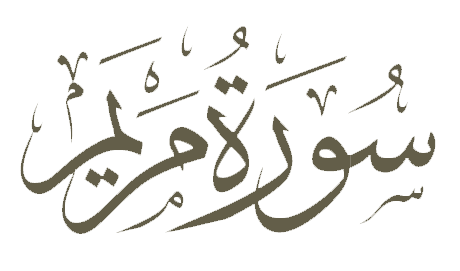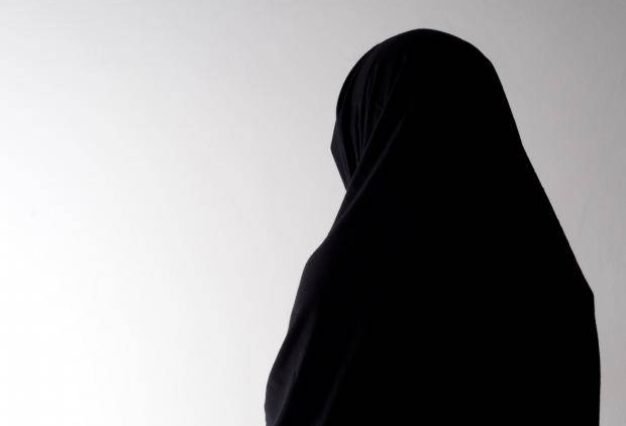Answered by Shaykh Yūsuf Badāt
Question:
In Sūrah Maryam, verse 28 يَا أُخْتَ هَارُونَ مَا كَانَ أَبُوكِ امْرَأَ سَوْءٍ وَمَا كَانَتْ أُمُّكِ بَغِيًّا ﴿٢٨﴾ Maryam is called sister of Hārūn. Is this another Hārūn than Mūsa’s brother?
Answer:
بِسْمِ اللَّـهِ الرَّحْمَـٰنِ الرَّحِيمِ
Jazāk Allāh Khayr for contacting us regarding your query.
With respect to the concern you raised about the Qur’ānic verse 28 of Sūrah Maryam (O sister of Hārūn, neither your father was a man of evil nor was your mother unchaste), Imam Ṣābūnī writes in his tafsīr, “This Hārūn is not the brother of Prophet Mūsa (peace and blessings upon him), for indeed the era between them is more than a thousand years” (Safwat Al Tafāsīr)
Imam Fakhrudin Al Rāzi (may Allāh’s mercy be with him) states four opinions regarding the ‘Harūn’ mentioned in this verse, which can be summarized as follows:
- He was a pious man of the Banū Isrāil. Those who would be pious would be given likeness or association with this Hārūn.
- He was the brother of the Prophet Mūsa (peace and blessings upon him). Maryam (peace and blessings upon her) was from the progeny of Hārūn (peace and blessings upon him). Hence she is being referred to him through progeny just like one would say ‘O brother of Hamdān’ meaning one who belongs to the progeny of Hamdān.
- He was a man known for his transgression. She was referred with him in the sense of ‘tashbīh’ (similarity or comparison). They perceived that Maryam had committed a sin.
- He was the biological brother of Maryam who was known to be upright and pious. This meaning seems to be most appropriate due to two factors:
- This is the actual literal meaning of the verse. There would be no need for a metaphorical or representational meaning.
- This was said to her to display ‘tawbīkh’ (reprimand). The state of reprimand is stronger when the meaning of brother is taken, since this also reminds one of parents and the values taught by them.
(See Al Tafsīr Al Kabīr of Imam Fakhrudīn Al Rāzī)
And Allāh Knows Best




